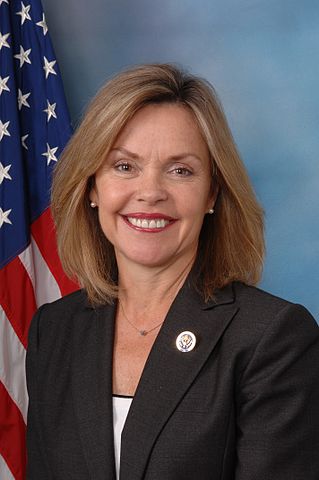Pennsylvania‘s incumbent candidate for governor, Tom Corbett, has made pension reform his campaign’s rallying cry.
But Gov. Corbett’s calls for reform haven’t been met with much enthusiasm. So Corbett announced this week that, if he is re-elected, he will call a special legislative session specifically to deal with pension reform on the state and municipal level.
From New Castle News:
Gov. Tom Corbett, if re-elected this year, plans to call for a special session of the Legislature specifically to deal with Pennsylvania’s pension issues.
He would like to see the meeting address state, municipal and school district concerns.
“I’ve been trying to fight the pension battle,” Corbett, a Republican, said during a meeting with The Tribune-Democrat Friday.
“I don’t know that we’re going to even get the little bit that we’re trying to get now. I’ve already announced, I’m going to call, in my second term, right away, a special session on pensions; not just the state pension, we might as well bring in the municipal pension, too, because I can tell you, all municipalities are coming to us, saying, ‘Take a look at this.’ Is that a big one to bite off? Yes. But, if we don’t do it, who’s going to do it? I know one thing, my opponent (Tom Wolf ) is not going to touch it.”
Pennsylvania has $47 billion in unfunded pension liabilities, according to the state’s budget office.
Standard & Poor’s and Fitch Ratings both cited pension concerns when they dropped the state’s general-obligation debt rating this week.
“The downgrade reflects our view of the state’s diminished financial flexibility and growing expenditure pressures due to inaction on pension reform and limited revenue growth,” S&P said in its report.
Corbett wants to pass a plan that would shift new hires into a hybrid-type plan that more resembles a 401(k) than a defined benefit plan.




